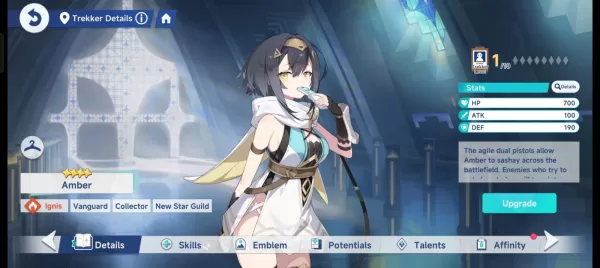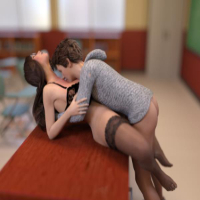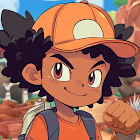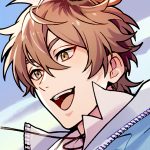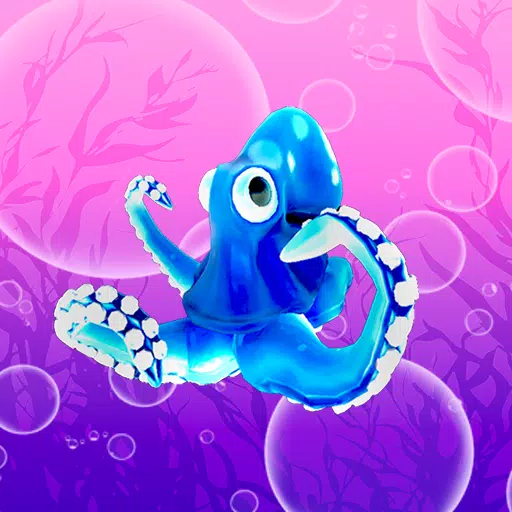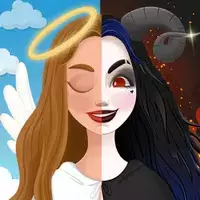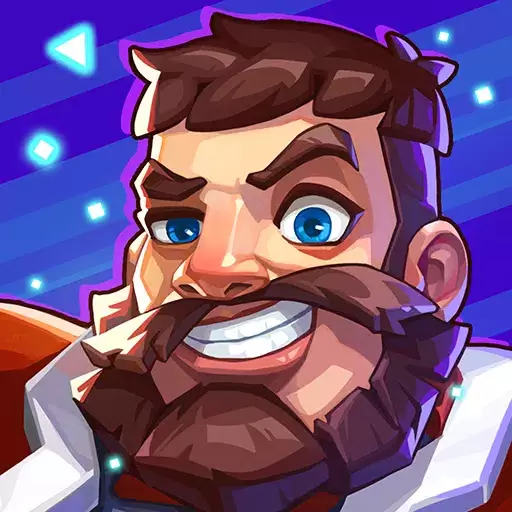The second season of Solo Leveling is already underway, captivating fans with its thrilling continuation of the story. This South Korean manhwa, now adapted into an anime by the renowned Japanese studio A-1 Pictures, follows the journey of hunters who navigate through portals to battle formidable enemies.
Table of Contents
- What is the anime about?
- Why has the anime become so popular?
- The second reason for its popularity is Jin-woo himself
- Finally, the marketing played a big role
- Why does the anime receive criticism?
- Is it worth watching?
What is the anime about?
Set in an alternate version of Earth, Solo Leveling introduces a world where mysterious gates suddenly appear, unleashing monsters that conventional weapons cannot harm. Only a select group of individuals, known as hunters, possess the ability to combat these creatures. These hunters are ranked from the lowest E-rank to the highest S-rank, and dungeons filled with monsters are similarly categorized.
The protagonist, Sung Jin-woo, starts as an E-rank hunter, struggling to clear even the most basic dungeons. When his team becomes trapped, Jin-woo's self-sacrifice in a desperate attempt to save his comrades earns him a unique reward: the ability to level up. This transforms his life into a game-like experience, complete with a futuristic interface and various quests, allowing him to grow stronger over time.
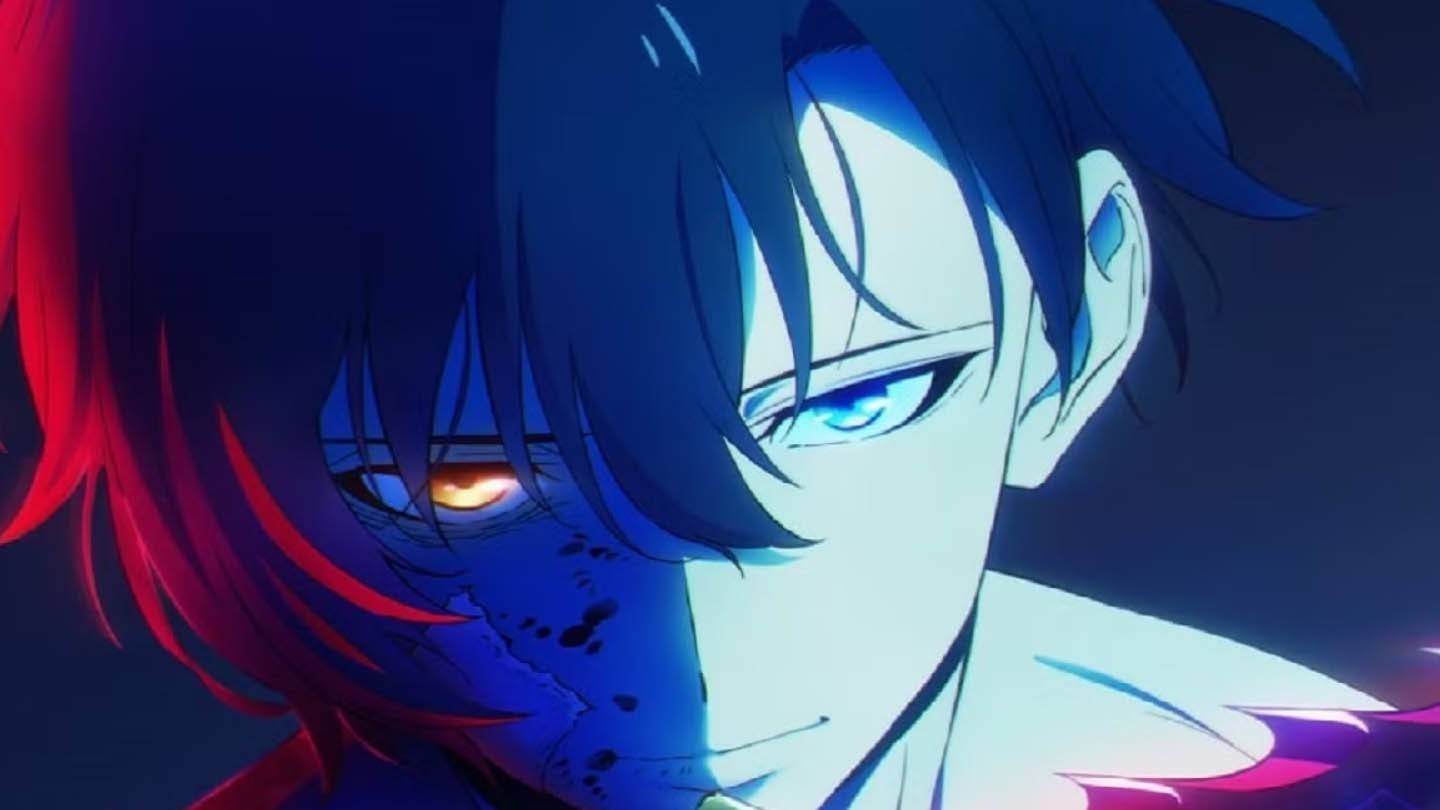 Image: ensigame.com
Image: ensigame.com
Why has the anime become so popular?
The popularity of Solo Leveling can be attributed to three main factors. Firstly, the anime is a faithful adaptation of the beloved manhwa, a task that A-1 Pictures has successfully executed in the past with series like Kaguya-sama: Love is War, Sword Art Online, Erased, and Your Lie in April. The studio has managed to maintain the continuous action and straightforward storytelling that fans loved in the original manhwa, ensuring that the anime remains accessible and engaging for viewers of all ages.
Secondly, the protagonist, Sung Jin-woo, plays a significant role in the anime's appeal. Starting as an underdog with the nickname "The Worst Weapon of Humanity," Jin-woo's journey from weakness to strength is both inspiring and relatable. His willingness to sacrifice himself for his team, despite his financial responsibilities to his family, showcases his selflessness. Jin-woo's growth is earned through hard work and dedication, making his achievements all the more satisfying for viewers.
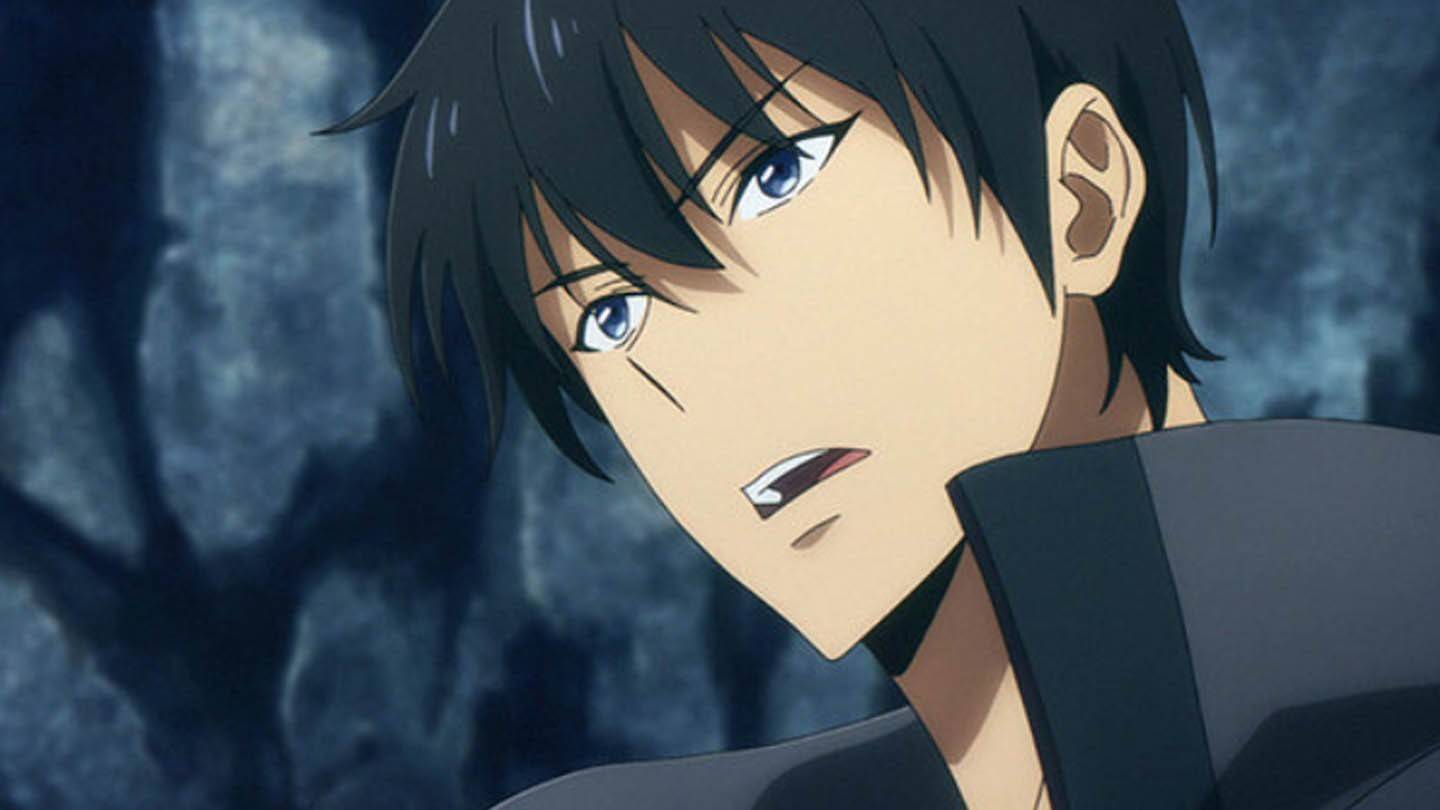 Image: ensigame.com
Image: ensigame.com
The second reason for its popularity is Jin-woo himself
Jin-woo's character development is a key element of the anime's success. His initial struggles and subsequent growth resonate with audiences who appreciate stories of earned success. His mistakes, such as skipping training and facing the consequences, add depth to his character, making him more than just a typical hero.
Finally, the marketing played a big role
The marketing campaign for Solo Leveling was highly effective, with the memorable statue of God becoming a viral sensation. Its toothy grin sparked curiosity and drew in viewers who were previously unfamiliar with the manhwa.
Why does the anime receive criticism?
Despite its popularity, Solo Leveling has faced criticism for its clichéd plot and the abrupt transitions between action and calm scenes. Some critics argue that the story overly glorifies the protagonist, portraying Jin-woo as an author-insert or Mary Sue character. His rapid transformation from an underdog to a formidable fighter can feel unearned to some viewers, and the supporting characters often lack depth and development.
Additionally, fans of the original manhwa have criticized the anime for its pacing, which feels too similar to the source material and lacks the dynamic adaptation needed for the screen.
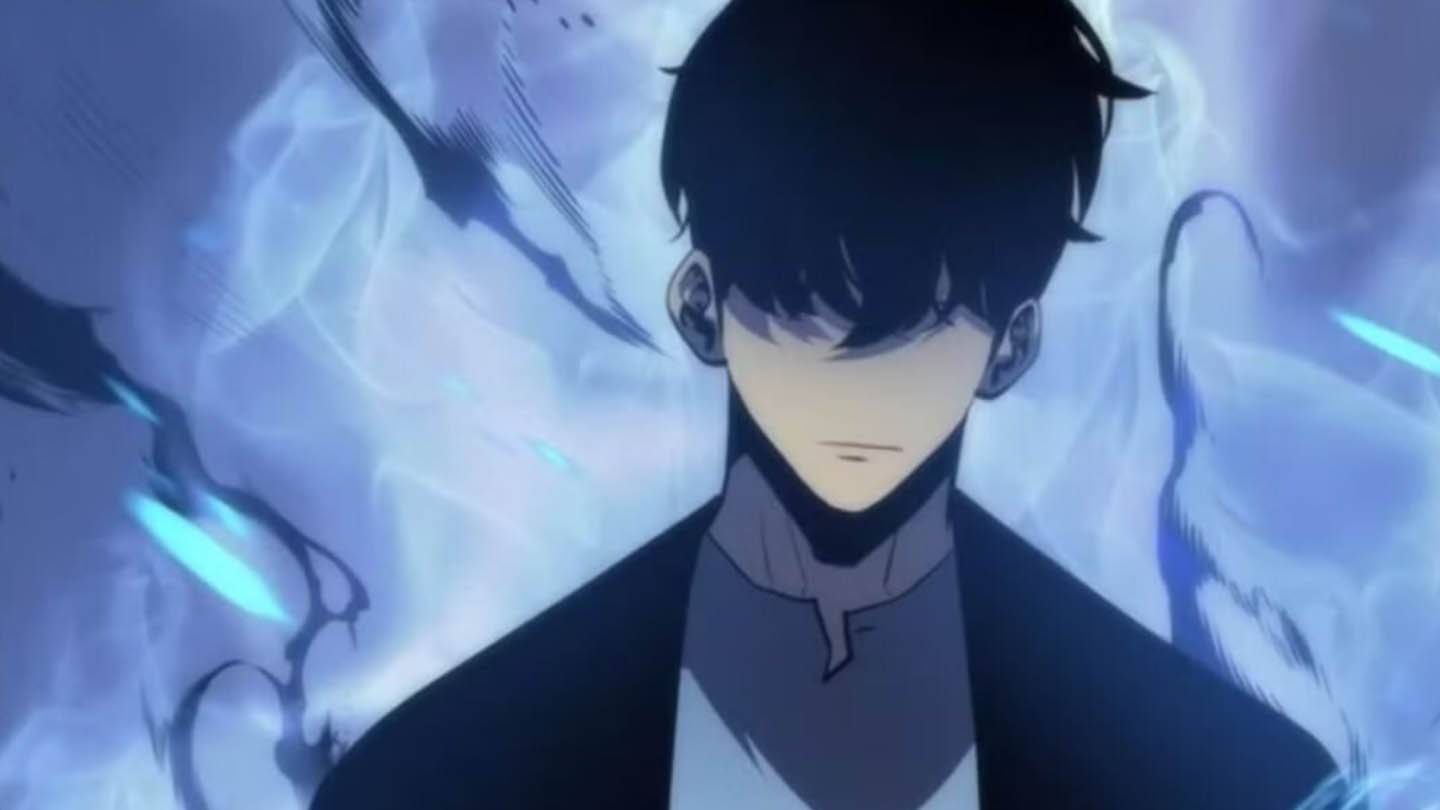 Image: ensigame.com
Image: ensigame.com
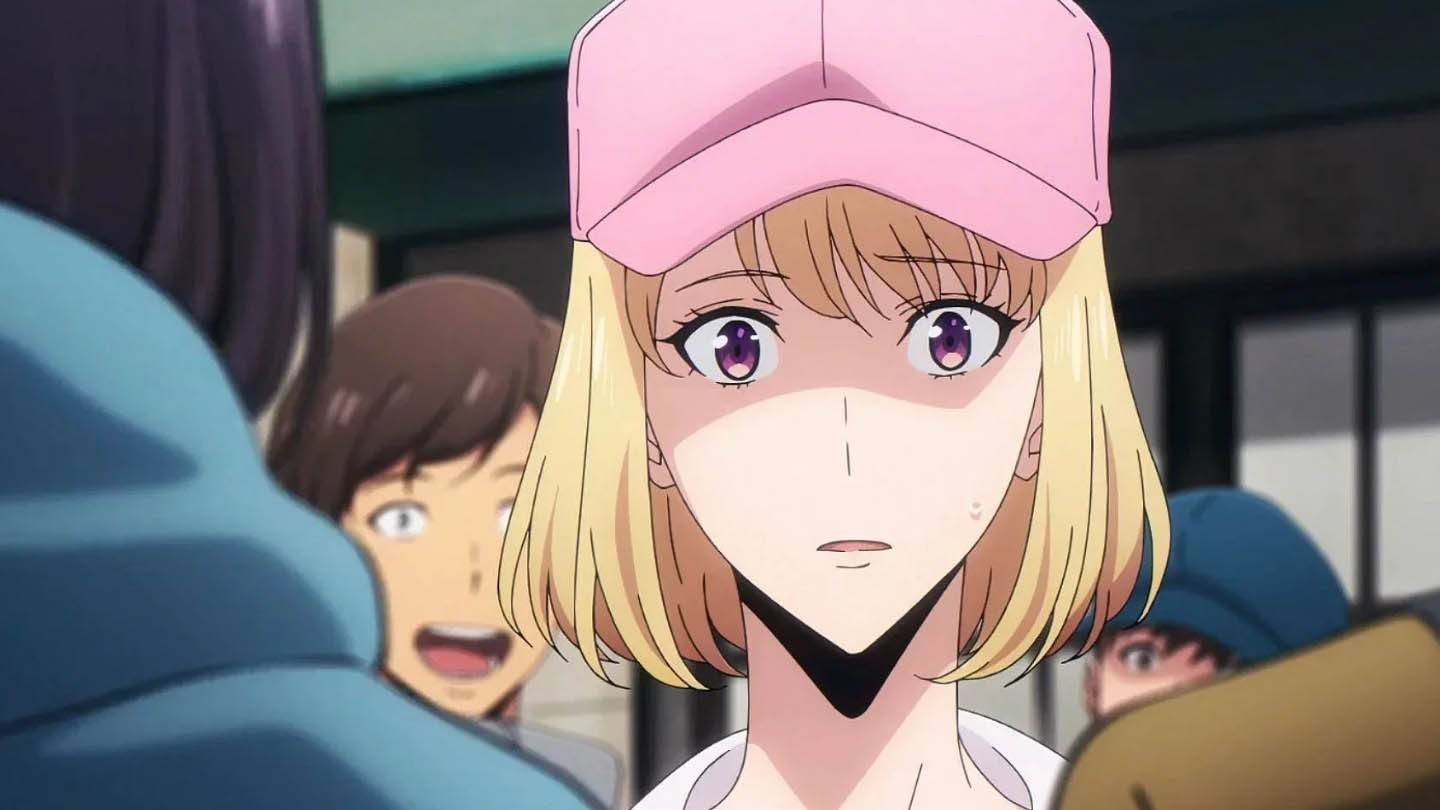 Image: ensigame.com
Image: ensigame.com
Is it worth watching?
Absolutely. If you enjoy action-packed anime with a focus on the protagonist's journey, Solo Leveling is definitely worth watching. The first season offers a binge-worthy experience for fans of this genre. However, if Jin-woo's story doesn't captivate you within the first two episodes, it might not be the right fit for you. This also applies to the second season and the open-world gacha game based on the series.


